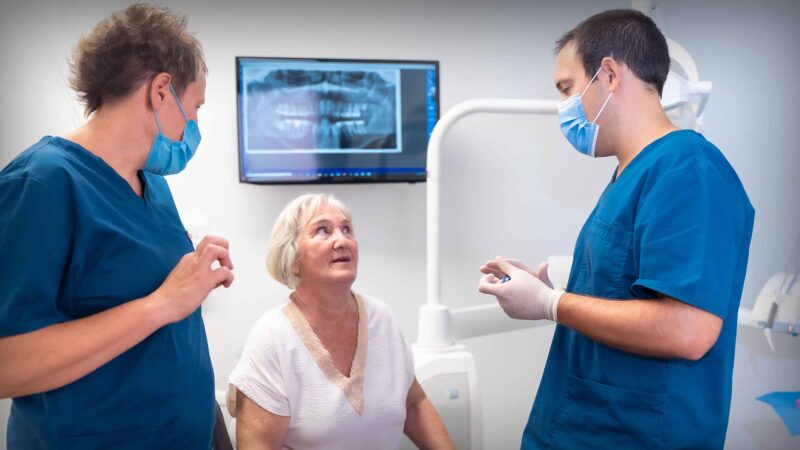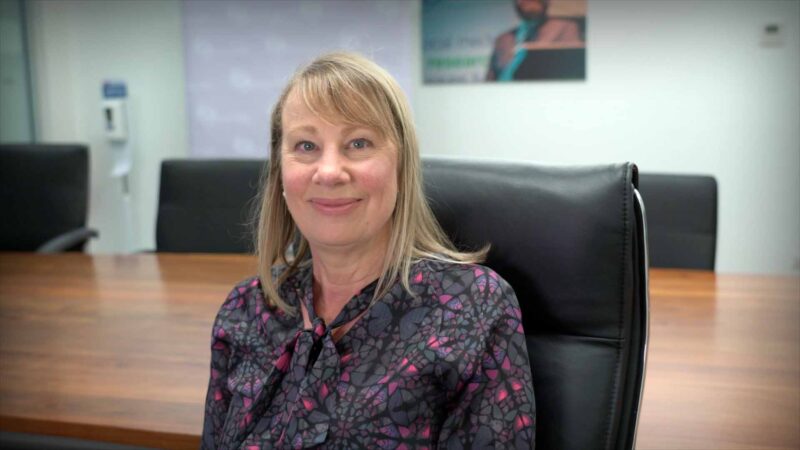NATIONAL BREAST CANCER FOUNDATION (NBCF) OUTLINES PINK HORIZON RESEARCH STRATEGY AT BREAST CANCER FORUM Breast Cancer Awareness Month demonstrates integral role of NBCF in research and clinical support
Filmed in Brisbane, Queensland | November 2024
Associate Professor Cleola Anderiesz, Chief Executive Officer of the National Breast Cancer Foundation, leads an organisation dedicated to funding world-class breast cancer research in Australia. The Foundation has a bold vision of achieving zero deaths from breast cancer.
Every October, during Breast Cancer Awareness Month, the foundation uses this time to raise awareness about breast cancer and its impact in Australia. It also emphasises the critical need for funding breast cancer research to improve outcomes.
The National Breast Cancer Foundation collaborates with researchers, providing essential funding while also engaging them, clinicians, and consumers to establish research priorities.
Australian Health Journal met with Assoc Prof Anderiesz to hear of the new 5 year Pink Horizon research strategy. Those with lived experience of breast cancer, along with researchers, clinicians, and other funding organisations, have contributed to the development of the foundation’s new five-year Pink Horizon research strategy. This ambitious plan aims to invest $125 million to accelerate research efforts towards the vision of ending deaths from breast cancer.
Recently, Assoc Professor Anderiesz presented at the Public Breast Cancer Research Forum hosted by The University of Queensland and the Translational Research Institute, where she highlighted the accomplishments of the National Breast Cancer Foundation over the past 30 years. During this time, the Foundation has invested over $200 million into more than 600 research projects across Australia, supporting 1,800 researchers at 120 institutes to advance impactful breast cancer research.
Professor Anderiesz believes it is essential for all members of the breast cancer community to consistently seek opportunities to raise awareness about the disease’s impact. This awareness should extend beyond October and include efforts to inform primary care physicians and specialists. Additionally, there is a need to promote groundbreaking research and advocate for changes in policy and care to improve outcomes for individuals affected by breast cancer.
You Might also like
-
Psychiatrists to discuss connectedness at RANZCP 2023 Congress
Next week, at the Perth Convention and Exhibition Centre, The Royal Australian and New Zealand College of Psychiatrists (RANZCP) meet for the RANZCP 2023 Congress on the theme of “New Horizons: Connected Futures”
Australian Health Journal spoke to current President-Elect Dr Elizabeth Moore and soon to be President, RANZCP about the Congress, as well as the recent Federal Budget announcements around mental health funding.
-
Dental and oral health care priorities for the elderly
In 2023, there are a number of changes occurring in dental services including the start of a new Senate inquiry and new registered nurses in residential aged care. Yet in the meantime there are gaps and delays in dental and oral health interventions for elderly Australians, unless training is more widely deployed.
Australian Health Journal spoke to Leonie Short, a dental therapist working for Seniors Dental Care Australia on what she considers are dental and oral health priorities for the elderly, based on her work in the aged, home and disability sectors.
-
Brain cancer Professor mentors Tasmanian researchers
Rosemary Harrup trained in Victoria and Tasmania in Medical Oncology and Clinical Haematology, completing a dual Fellowship in 2001. She is the current Director of Cancer and Blood Services at the Royal Hobart Hospital (RHH), a role she has held since 2009.
Australian Health Journal spoke to Rosemary about her journey in medicine and specifically her work in Clinical Trials in Brain Cancer and the value she placed on her senior clinicians as mentors and how she now mentors others.



